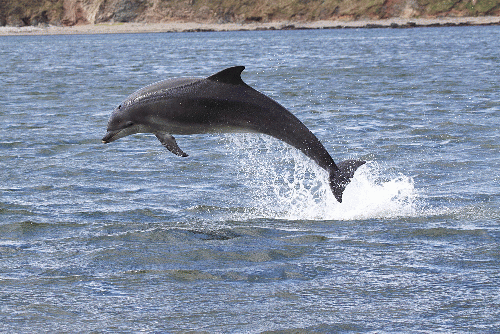The continuity of self that we experience is an illusion. Prof Thomas Metzinger likens our consciousness to a dolphin swimming underwater most of the time, breaching into the air only occasionally
The mental contents available to us via introspection are nothing more than momentary flashes of automatic cognitive processing, grinding away beneath the waves of our awareness most of the time. This raises a strange question: who is the 'us', standing at the prow and watching these dolphin-thoughts scoot past? Philosophers of mind often fall into the trap of assuming that goal-directed, rational thought is the paradigmatic case of conscious cognition. But if we are only ever partly aware of what is happening in our own minds, surely we can't be in absolute command of our thoughts, let alone causing them? Is it ever possible to distinguish mental actions, which we can direct and select, from the more general category of mental events, which simply happen to us? In what sense are we ever genuinely mental agents, capable of acting freely, as opposed to being buffeted by forces beyond our control?
Can we gain more mental autonomy through practice? Psychological studies demonstrate this has power to make us more efficient workers and more creative artists and thinkers. Perhaps there are more personal benefits as well.
-- Read more at Aeon Magazine






